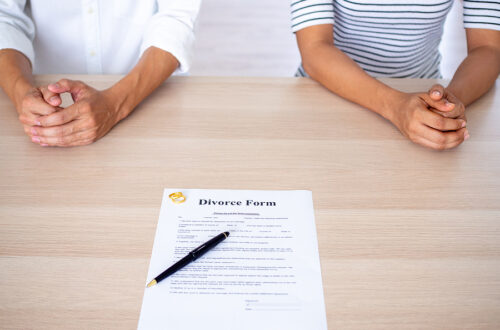Many Americans struggle when trying to prioritize which debts to pay off first. Here is a helpful guide for deciding when to prioritize paying off student loans before other debts.
4 Reasons You Should Pay Down Your Student Loan Debt First
- You have high student loan rates. If your student loans have the highest interest rate of all your debt, that is where you should begin. You may also want to explore refinancing your student loans if you qualify for a lower rate.
- Your student loans have a small balance. Paying off your student loan with a small balance first is called the debt snowball method. This method allows you to see results and to stay motivated to keep up with your payoff plan.
- You have private student loans. Private student loans are considered “riskier” forms of debt than federal loans, which is why you should pay them off sooner rather than later. The reason they are riskier is because they do not offer the same repayment protections and options as federal loans, such as income-based repayment plans.
- You are close to defaulting on your student loans or declaring bankruptcy. Defaulting on a federal loan can lead to wage garnishment much more quickly than if you are not making credit card payments. Therefore, if you are struggling with student loan debt, make it a priority to make those payments first.
5 Reasons You Should Pay Down Other Debts First
- You are following the debt snowball method. The debt snowball method may lead to you paying off student loans first, however; it may also lead you to target other debts with higher interest rates or lower balances first.
- You value federal loan protections. Federal student loans offer repayment options and other protections that other types of debts do not offer.
- You hope to qualify for the Public Service Loan Forgiveness program (PSLF). The PSLF is slated to forgive federal student debt for more than 550,000 Americans, according to the Washington Post. Any balance remaining after 10 years will be forgiven to eligible borrowers. The more you pay on this debt, the less you will be left for the government to forgive.
- You want to improve your credit. Decreasing your debt is a good way to improve your credit score. However, certain types of debt will increase your score faster than others. Higher balances on revolving debt will give you a higher utilization ratio – which can damage your credit. If you have your credit cards maxed out, you should target this debt first.
- You want to claim interest tax deductions. When considering which debt to prioritize, it can help to consider the potential tax benefits you can claim. Most consumer debt cannot be claimed as a tax write-off, but student loan debt and home mortgages are exceptions.
Click here to see more on this story.
For borrowers who are struggling with student loan debt, relief options are available. Many student loan borrowers are unaware that they have rights and repayment options available to them, such as postponement of loan payments, reduction of payments or even a complete discharge of the debt. It is important you contact an experienced Miami bankruptcy attorney who can advise you of all your options. As an experienced CPA as well as a proven bankruptcy lawyer, Timothy Kingcade knows how to help clients take full advantage of the bankruptcy laws to protect their assets and get successful results. Since 1996 Kingcade & Garcia, P.A. has been helping people from all walks of life build a better tomorrow. Our attorneys help thousands of people every year take advantage of their rights under bankruptcy protection to restart, rebuild and recover. The day you hire our firm, we will contact your creditors to stop the harassment. You can also find useful consumer information on the Kingcade & Garcia website at www.miamibankruptcy.com.

